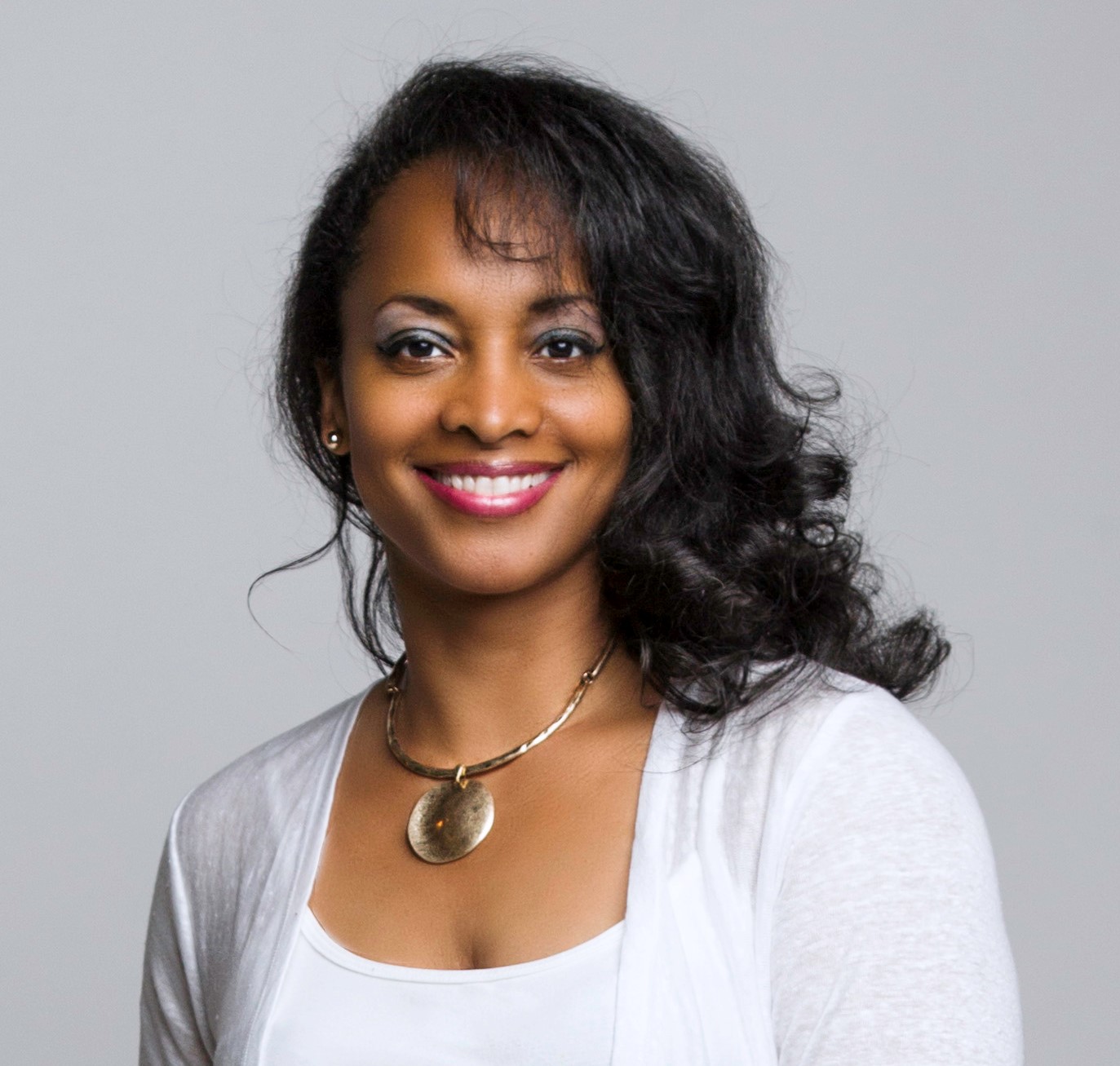Home > News > Counselor's Corner: The Power of Music, Part 2: Using Hiphop to Increase Emotional Intelligence and Help Prevent Substance Use Disorders in Adolescents and Young Adults
The story of music as it pertains to substance use is not completely bleak. We have found that music can be used therapeutically as a prevention and treatment tool. Those who may be triggered in reaction to unpleasant circumstances may find it difficult to manage overwhelming thoughts and emotions. Oftentimes, substance use may be the initial response to dulling and disconnecting from those painful, uncomfortable emotions.
The number one rule we teach teens in our emotional intelligence and expressive writing workshops is that emotions are neither negative or positive. Emotions are simply data! They give us a clue that something may or may not be benefiting us or serving our greatness. Unpleasant emotions are like smoke signals. While some experience the consumption of music as an invitation to drown out uncomfortable emotions by riding the wave of music and the high of a drug, we teach our youth that music can also be a catalyst for releasing emotions by identifying and expressing them through hiphop and poetry.
Watch as your mind spirals around
I start up and down
Thoughts clog your mind
Sound breaks your focus
Such short notice
You lash out at your friends
It doesn’t end
You get addicted to medicine
When you’re off of it you stay catatonic up in your room
Avoid talking to people
Tell them see you soon
Old news…
-TKA, “Free”
TKA, a participant of the Word-Xpress Hiphop Music Project and a high school student at the time, took to the mic to talk about his adolescent struggle with mental health and the challenges of his neurodiversity. Today, music is still a means for TKA to stay in touch with his emotions and helps him resurface from times of despair every time with renewed faith.
Shanna, a teen girl who migrated to the U.S. as a refugee from Cameroon, took paper to pen during a Word-Xpress Hiphop Music Project workshop and expressed the stress of being in a foreign land with no ability to communicate with her peers or anyone other than her family. Shanna used her language barrier and the expression of hiphop to drive this point home to her peers–a group of 30 other adolescents. As the instrumental hiphop track played, Shanna began to “spit bars” in her native tongue, French. (“Spit bars” is hiphop slang for confidently rapping in verse). Afterward, she shared the English translation, revealing to fellow workshop students that she suffered from low self-esteem when she first came to the U.S. because she could not speak English, didn't have friends, and struggled academically. The rap verses elevated her story as she shared that she persevered, grew more confident speaking English, made new friends, and improved academically.
For some adolescents, difficulty expressing feelings can be a precursor to heavy substance use. Culture shock experienced by recent immigrants and refugees can also trigger a substance use disorder. These workshop participants learn new skills to manage difficult emotions, skills that can be preventative measures for developing substance use disorder. The teens gain emotional intelligence by engaging in the verbal expression of hiphop as a tool for recognizing uncomfortable emotions and making a choice to practice self-agency.
... (now) I can cast aside my doubts and fears
When you’re here.
My eyes dry
My hope fades into focus
There’s something out there
For me.
-TKA, “Free”
Make sure to check out the first article in this series, The Power of Music, Part 1: Using Music to Reinforce Culture and Support Recovery From Substance Use Disorders by Mark Sanders. And stay tuned for the third article in the Power of Music series–scheduled to be published in February 2023!

Kisha Freed, PCC, EQE
Kisha Freed, a certified Success Coach and Six Seconds Emotional Intelligence Educator, facilitates and designs social-emotional learning workshops for adolescents and college-aged young adults and provides professional coaching services to new entrepreneurs, creatives, and early career professionals.